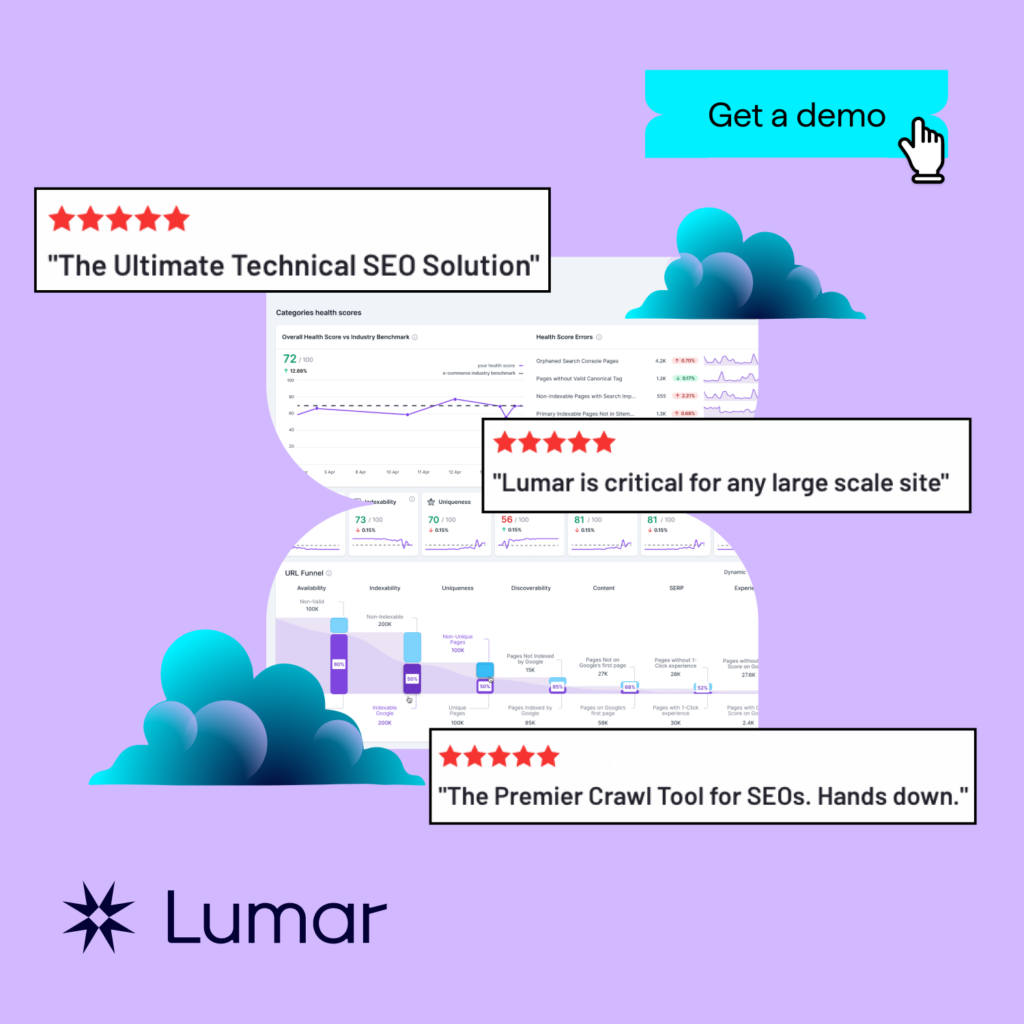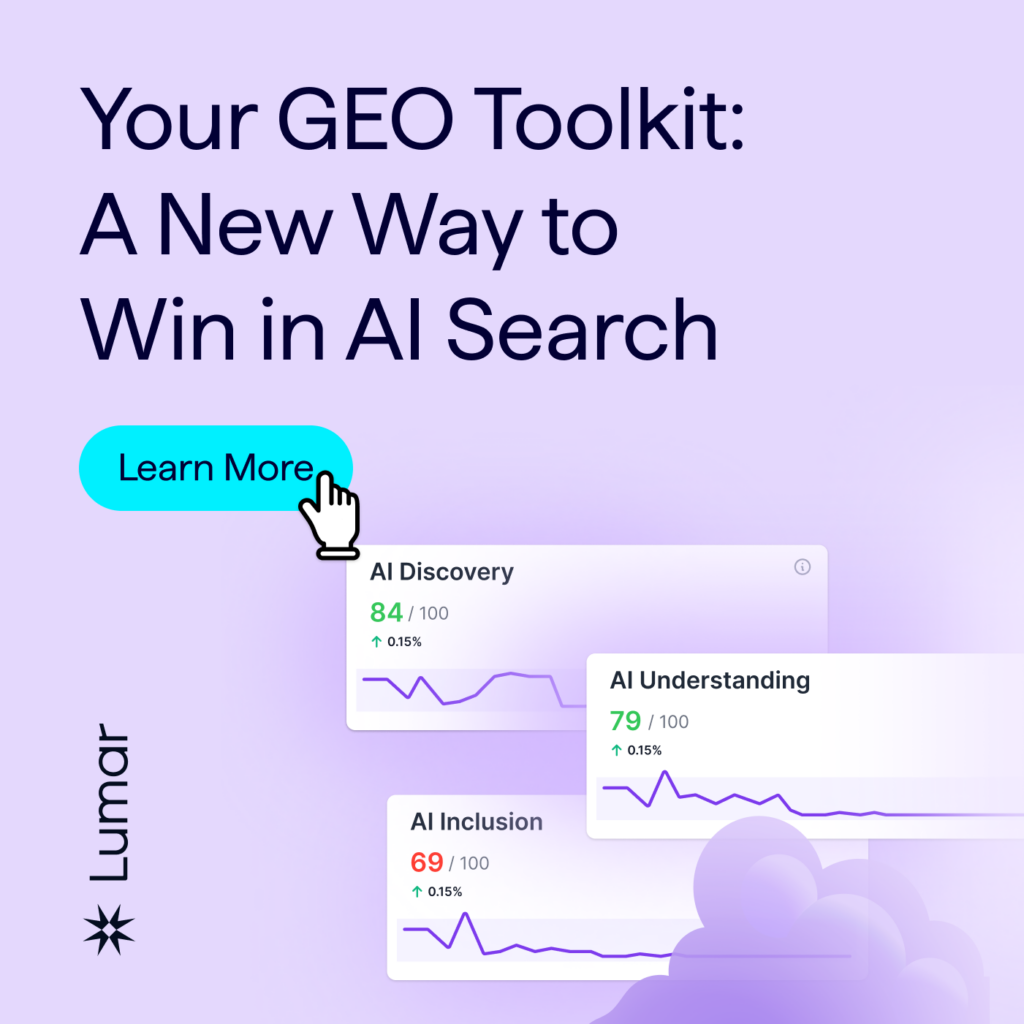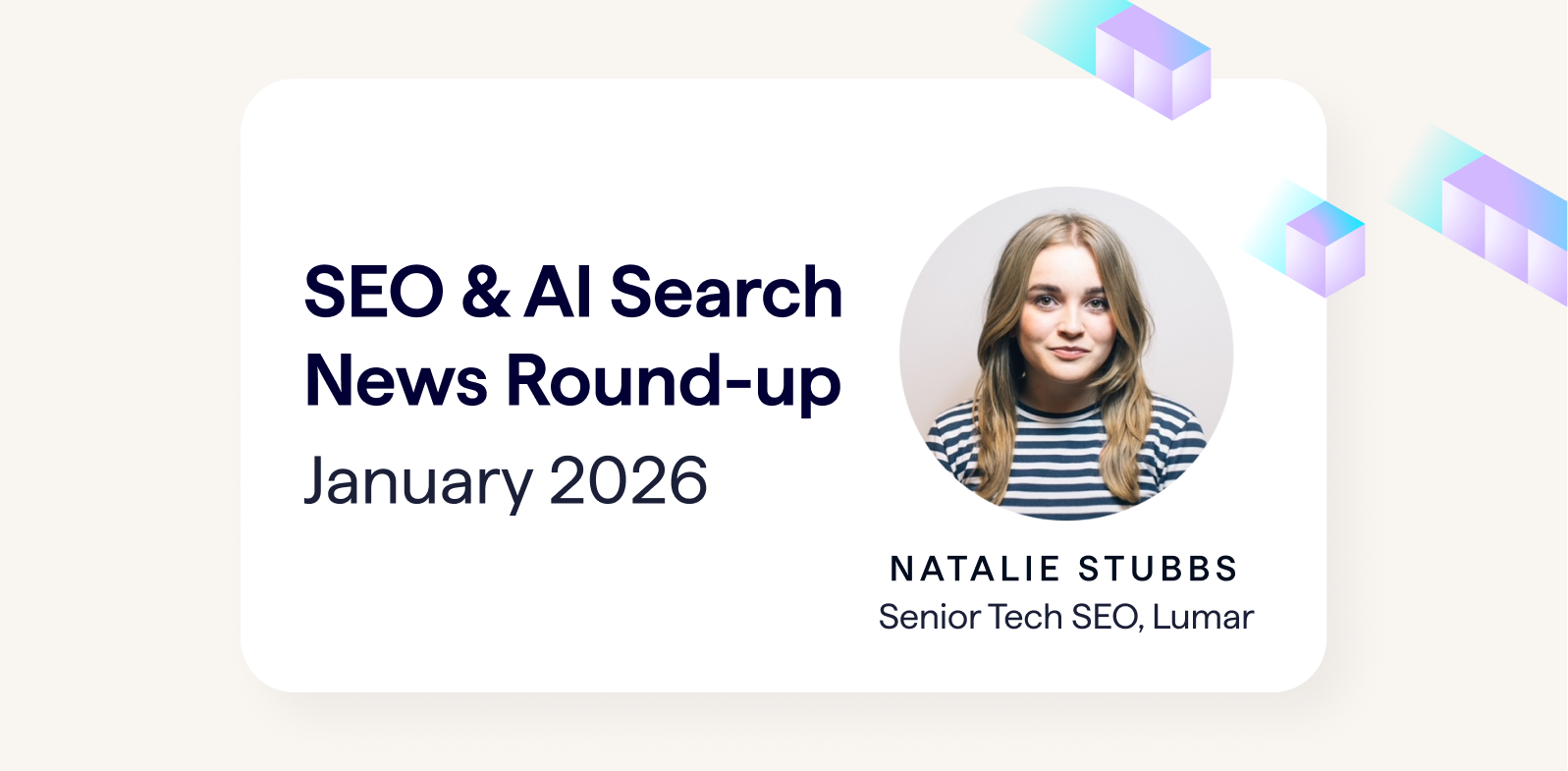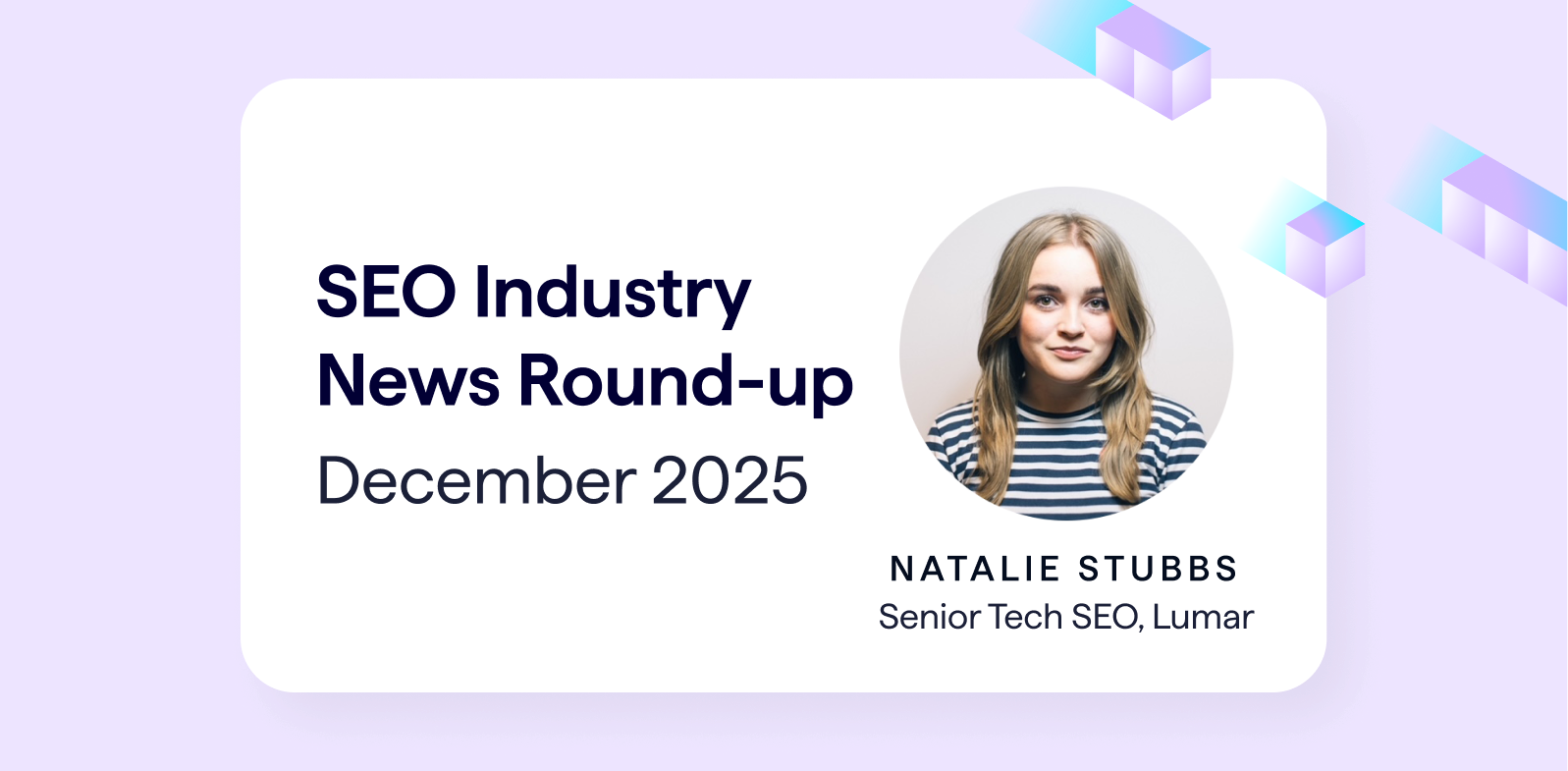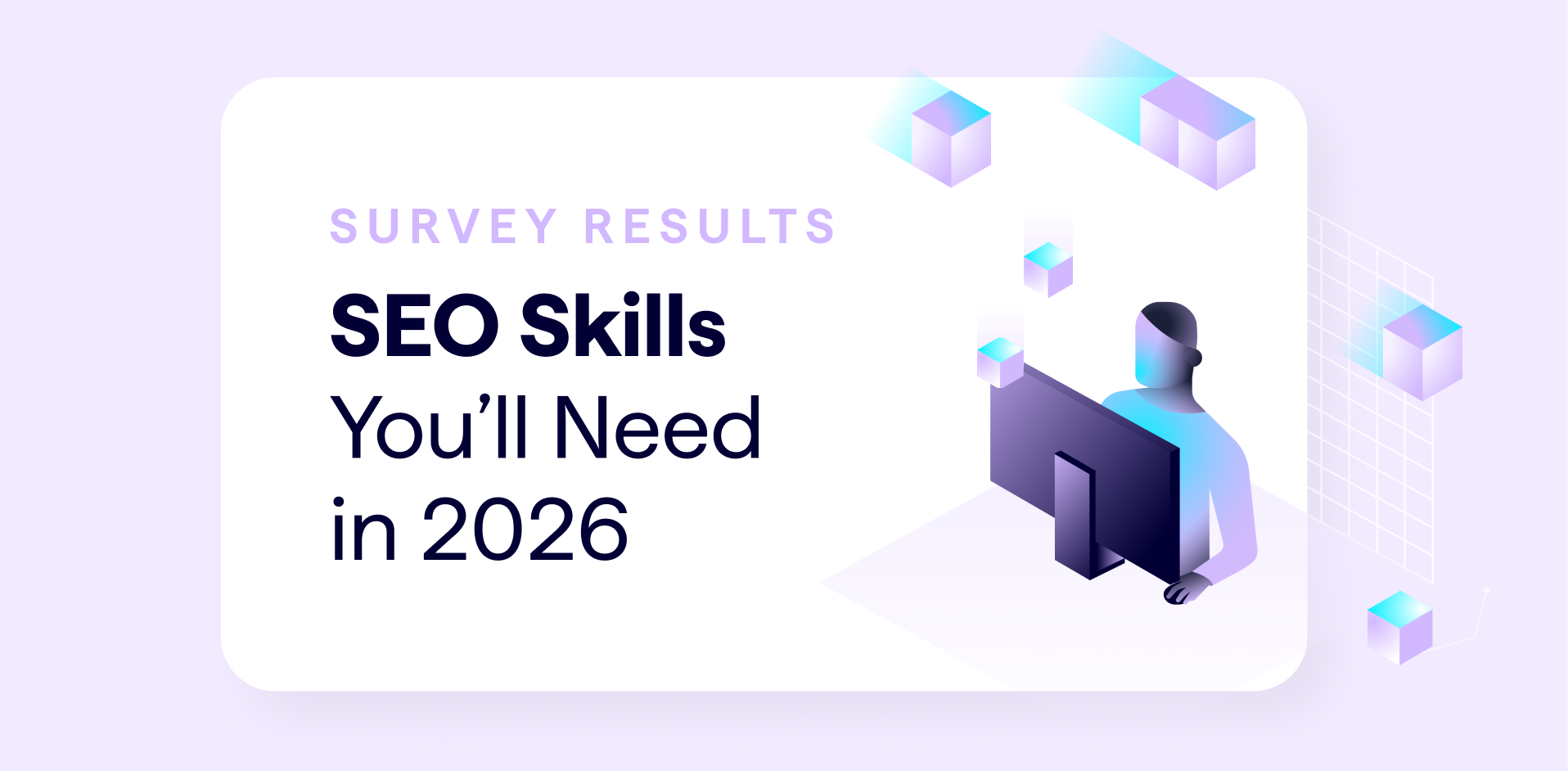What happened in the SEO industry this month?
Each month, Lumar’s in-house tech SEO experts hand-pick some of the SEO industry’s top news stories from across the web to keep you up-to-date on all things SEO and website optimization.
For our September 2025 SEO & AI search news roundup, top headlines include:
- Google disabled &num=100 URL parameter tracking, causing disruptions for SEO rank tracking tools & SEOs trying to report on their sites’ impressions and rankings.
- A new large-scale study finds that AI chatbots and generative search send users to 404 links far more than Google Search.
- Google integrates Gemini into its Chrome browser for ‘free’ users in the US — in the same month that Peplexity partnered with Venmo and PayPal to promote its AI-powered Comet browser.
- Google’s quality raters now assess AI Overviews, too.
- Google (in collaboration with 60 industry partners) prepares for AI e-commerce with the launch of a new cross-platform agentic payments protocol (AP2)
- OpenAI is hiring for an SEO role…
- … and more!
Now, let’s dig into the key SEO & GEO/AEO news from September…
But first, some Lumar platform news — New tools to optimize your content for AI search
In addition to being a leading enterprise-scale SEO and website optimization platform, you may have seen last month that we’ve expanded our toolkit to include GEO/ AEO solutions that help you optimize your website for inclusion in AI search results and LLM responses…
But that’s not all — this month, we’ve announced Lumar’s new GEO Content Evaluator tools that empower you with data-driven insights about how to improve your content’s likelihood to be chosen for AI citations!
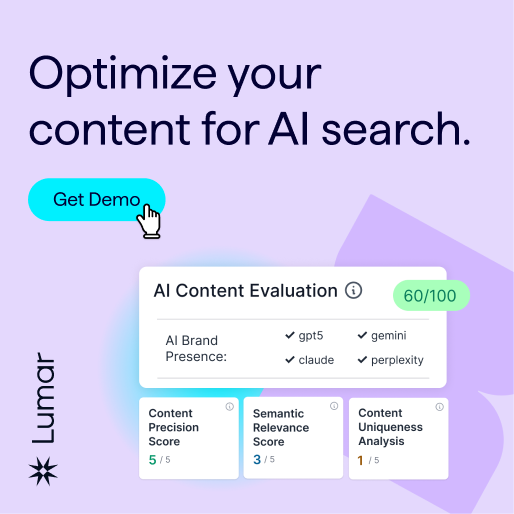
The great SEO rank tracking data disruption: Google removes &num=100 URL parameter
Around mid-September 2025, Google appears to have disabled the &num=100 URL parameter, which previously allowed a user or rank-tracking tool to request 100 search results on one SERP page. Google has confirmed that &num=100 is not something they formally support. Now, the parameter no longer works reliably.
Per Barry Schwartz: “Since that change, rank-checking tools have become an absolute mess, and even Google’s own Search Console data has seen a significant drop in data.”
For example, rank tracking tool Ahrefs has said: “These changes don’t impact the frequency of our updates, but will reduce the number of results we can check for each term beyond Google’s first page.”
As of yet, it is unclear whether support for the num=100 parameter will be reinstated in future, or why precisely they disabled its functionality this month, though some speculation exists around a direct effort to reduce third parties’ scraping ability, considering the fact that Google also advertised for an anti-scraping engineering analyst job position this month… (Here is the anti-scraping engineering position, for those who are curious.)
But as Danny Goodwin notes over at Search Engine Land: “The removal of &num=100 is reshaping how performance is measured, with fewer impressions and keywords making reports look weaker even if rankings hold steady. However, it’s possible some of the Google Search Console data wasn’t real, because scrapers using the 100 page parameter feature were causing an influx of impressions, so now the data is more accurate.”
(Sources: Search Engine Land, Search Engine Roundtable, Search Engine Journal, Google Careers ; Ahrefs )
Google’s latest spam update completed on September 21, 2025, after a 27-day rollout
Google’s August 2025 spam update began rolling out last month on August 26 and was confirmed to be complete on September 21, according to Google’s Search Status Dashboard. This new spam update (the first of 2025, following three spam updates rolled out last year) targeted broad improvements to Google’s automated spam-detection systems.
Google has not revealed much about the latest spam update, instead linking to their standard spam update guidance, which says:
“Sites that see a change after a spam update should review our spam policies to ensure they are complying with those. Sites that violate our policies may rank lower in results or not appear in results at all. Making changes may help a site improve if our automated systems learn over a period of months that the site complies with our spam policies.”
The SEO industry coverage notes that the update took effect quickly: many impacted sites saw ranking changes within 24 hours of the update’s initial rollout, followed by a second wave of ranking fluctuations around September 9. Some sites experienced steep drops in visibility, while others reported notable recoveries. Google reiterated that sites affected should review and align with its spam policies to regain standing over time.
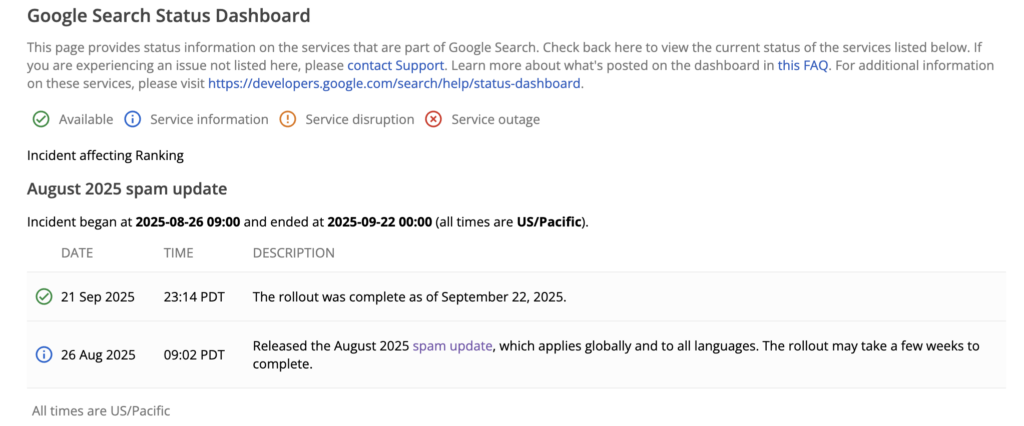
(Sources: Google Search Status Dashboard ; Search Engine Land ; Search Engine Journal ; Search Engine Roundtable)
Study shows AI search sends users to broken pages 3x more than Google
A new large-scale study finds AI chatbots and generative search send users to dead links far more than traditional search. Ahrefs’ study examining 16 million URLs revealed that AI search engines and chatbots direct users to 404 error pages at nearly triple the rate of Google Search. ChatGPT was revealed as the worst offender when it comes to providing users with broken links, with 1% of URLs that users clicked on ChatGPT leading to 404 pages (compared to just 0.15% for links clicked on Google).
Sometimes, the broken pages in question may have existed in the past, but other times, it appears ChatGPT and other AI engines simply hallucinate the links. On Bluesky, Google’s John Mueller has suggested improving your 404 pages could help your site capitalize on traffic from AI-hallucinated links.
(Sources: Ahrefs ; Search Engine Journal )
Google weaves Gemini AI features into its Chrome browser for US users
Chrome, the most popular browser in the world, now includes a Gemini assistant button (for US users only at present) and plans for an embedded “AI Mode”, bringing contextual help and cross-tab synthesis. This new wider integration of free AI features into Google’s browser may be a reaction to Perplexity’s forthcoming Comet browser. (Sidenote: Perplexity partnered with Venmo and PayPal this month to offer early access to their users and further promote its new AI-powered Comet browser.)
Per WIRED reporting: “Gemini in Chrome first rolled out to Google’s paying subscribers in May. The AI-focused features are now available to all desktop users in the US browsing in English; they’ll show up in a browser update.”
And per Google’s The Keyword blog: “Chrome is entering a new era powered by AI to help you understand complex information and get things done more efficiently.”
New AI features in Chrome include summarization, research assistance, and forthcoming agentic automation that can perform multi-step tasks (with user checkpoints).
Time will tell if the integration of AI tools directly into web browsers will accelerate AI search adoption and change online search behaviors for users who’ve never tried dedicated AI tools.
(Sources: WIRED ; Google’s “Gemini in Chrome” page ; The Keyword, “Chrome: The browser you love, reimagined with AI“ ; TechCrunch ; ZDNet ; Perplexity)
Penske Media sues over AI Overviews
Penske Media Corporation (PMC), the owner of well-known publications like Rolling Stone, Billboard, Artforum, and The Hollywood Reporter, has become the first major American media company to sue Google over its AI summaries, according to reporting by TechCrunch, Axios, and others.
Per The Verge: “The company [PMC] claims that the AI Overviews that often appear at the top of search results leave users with little reason to click through to the source, hurting traffic and illegally benefitting from the work of its reporters.
This is not the first time Google and other AI companies have faced lawsuits from content creators, of course. Reuters reported over the summer that Google is also facing legal challenges from the Independent Publisher Alliance, which has filed an antitrust complaint with the European Commission over Google’s AI Overview and Anthropic recently agreed to pay a group of authors and publishers in the US in a copyright settlement, according to Axios, as just a few examples.
Google reps, on the other hand, argue that the AI Overviews help send traffic to a “greater diversity of sites.”
(Source: TechCrunch ; The Verge ; Axios ; The Guardian )
OpenAI is hiring an SEO manager…
For all the hand-wringing that “ChatGPT is killing SEO” that’s been going on for the past three years (which, in my opinion, isn’t accurate, but I digress!)… it appears that OpenAI itself sees the value in SEO, as the ChatGPT parent company is now hiring for an in-house SEO role.
This month, OpenAI posted a new job listing for an SEO manager (Listed as “Growth – SEO, CRO and Web Strategy” on its site’s careers section) — suggesting that maybe SEO isn’t dead, after all… (but we knew that!).
The listing also hints at a potential broader website migration from openai.com to chatgpt.com… Heads up to any SEOs out there who are in search of a new role and prepared to potentially tackle a BIG site migration (PS – We’ve got tools for that!).
From the OpenAI SEO job description:

Notably, last month, OpenAI also began advertising for a content strategist position.
(Sources: OpenAI Careers & Glenn Gabe on LinkedIn)
Google’s quality raters now assess AI Overviews, too
Google’s Search Quality Evaluator Guidelines were updated on September 11, 2025. New additions to the “QRG” include examples that suggest the humans tasked with evaluating Google’s search outputs are now also responsible for rating its AI Overview outputs.
SEO expert Marie Haynes has noted several newly added QRG examples for SEOs to pay particular attention to on her blog.
“We know that quality raters do not just rate websites, but also SERP features. These changes show us that the raters are being instructed to look at the content of AI Overviews in their assessments as well,” she writes.
(Source: Marie Haynes)
Google is preparing for agentic AI e-commerce with new AI agent payments protocol (AP2)
Google has launched the Agent Payments Protocol (AP2), an open protocol for AI agents to securely initiate and transact payments across platforms on behalf of users. The protocol is designed to address trust concerns in AI e-commerce by establishing a universal framework that ensures authorization, authenticity, and accountability for agentic transactions.
Developed in collaboration with more than 60 payment and technology companies including American Express, Mastercard, PayPal, Coinbase, Intuit, Etsy, Revolut, Worldpay, and others, AP2 provides a common framework for secure AI agent-initiated transactions and helps prevent a fragmented ecosystem as AI agents become more prevalent in commerce.
Per the AP2 announcement on the Google Cloud blog:
“AI agents are capable of transacting on behalf of users, which creates a need to establish a common foundation to securely authenticate, validate, and convey an agent’s authority to transact. While today’s payment systems generally assume a human is directly clicking “buy” on a trusted surface, the rise of autonomous agents and their ability to initiate a payment breaks this fundamental assumption and raises critical questions that AP2 helps to address…”
For SEOs working in the e-commerce space, this signifies a need to prepare for a future where a portion of online purchases will be initiated by AI agents rather than humans.
(Sources: Google Cloud Blog ; Digital Commerce 360 ; TechCrunch ; The Paypers ; Payments Dive )


